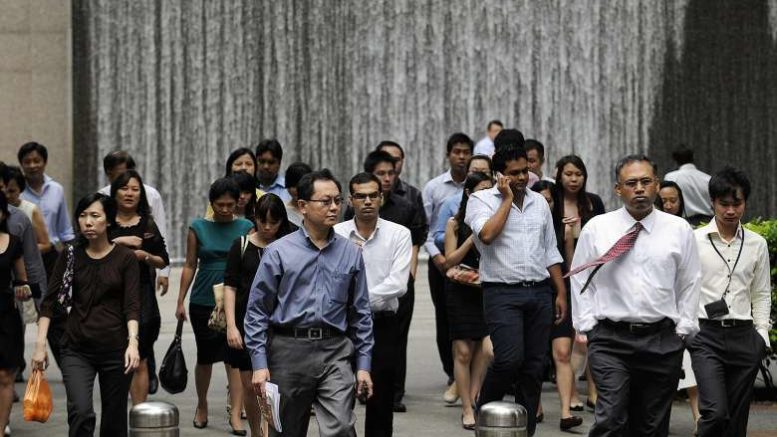How many and what percentage of employees in the civil service are ex-offenders?
I refer to the article “MP Lim Biow Chuan clarifies comments on former offender’s job snub, calls for ‘proper conversation’” (Straits Times, Jun 11).
It states that “Mr Lim commented on it, noting that while it was easy to say that the SPF should give ex-offenders a second chance, the reality is that “most of us would err on the side of caution”.
He noted, for example, that while some residents might be comfortable knowing that a security guard at their condominium was an ex-offender, others might not.
Mr Lim suggested the man could look for work in other sectors, like food and beverage.
He wrote: “I don’t reply to comments on TOC because many of those comments were meant to attack, humiliate and destroy. It is not the kind of conversation which helps to make Singapore a better country or to improve the system.”
His original comments were repeated on another online publication, Mothership.sg, and he went on to clarify them on Sunday, saying that while society should help ex-offenders integrate back into society, there are certain offences where some jobs may not be suitable immediately after the offender’s release.
“As an example, I quoted a situation where we would not want a convicted child molester to teach swimming to young children; we would also not want a person convicted of dishonesty to be involved in finances or accounts of a company,” he said.
“Along the same principles, we would not want a person convicted of assault to be employed as a security officer protecting the residents.”
He added that the police must evaluate each application for a security licence on its own merit. He wrote: “The concern of police would always be, what if the offender re-offends? What if the security officer could not manage his anger again and hurts someone badly? Someone whom they are supposed to protect? Would the public turn on the police and ask why did they allow a past offender with anger management issues get a security licence?”
As to “Mr Lim also said a former offender’s application should be considered if sufficient time has lapsed and they have shown they are unlikely to reoffend.
“As an MP, I always look out for such cases so that I can ask the authorities to re-consider the facts”” – how many and what percentage of ex-offenders have ever been given a second chance in regards to “former offender’s application should be considered if sufficient time has lapsed and they have shown they are unlikely to reoffend” and “the authorities to re-consider the facts”?
Singapore is arguably, one of the “least forgiving” societies in the world.
For example, how many and what percentage of employees in the civil service are ex-offenders?
What’s the point of members of government repeatedly calling for ex-offenders to be given a second chance, such as initiatives like the Yellow Ribbon Project, when it does not set the right example? What kind of message is it sending to employers in the private sector?
I understand that many employers may conduct the following four checks in considering whether to employ someone:-
… bankruptcy record (whether discharged or undischarged bankrupts)
… credit record history
… criminal record
… litigation record – whether one has ever been sued in one’s lifetime
If a person has ever been a bankrupt (discharged or undischarged), or was in a debt restructuring arrangement (scheme), he or she may invariably never be able to ever obtain any kind of loan (personal loan, housing loan (except from the HDB), car loan, education loan, renovation loan, etc) or credit (credit card, credit line, etc) in the future, for the rest of his or her life.
Leong Sze Hian
